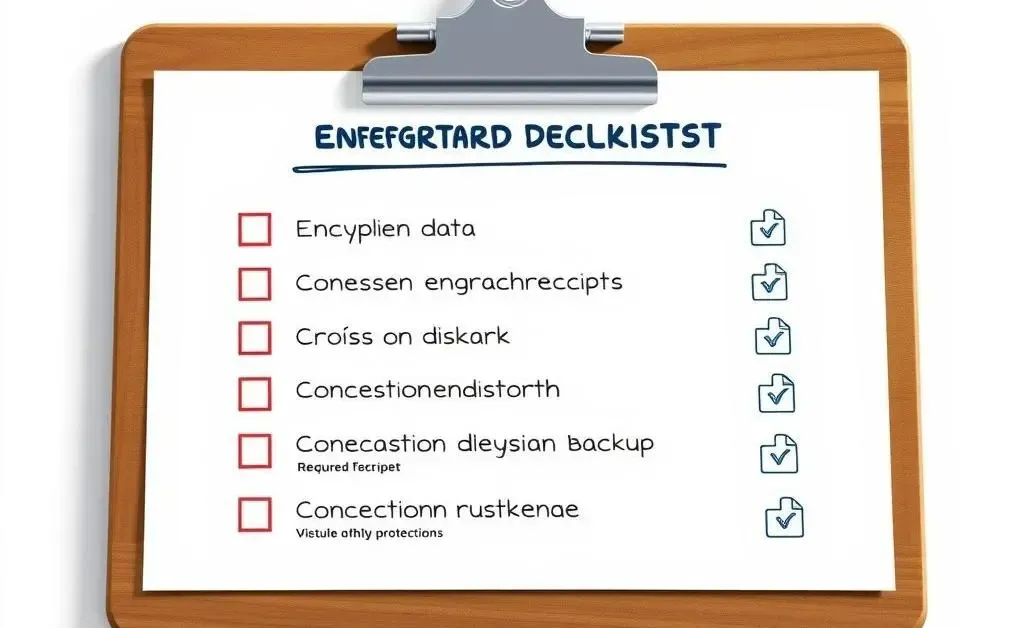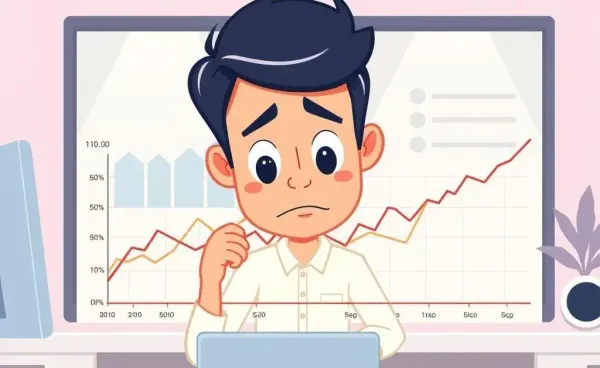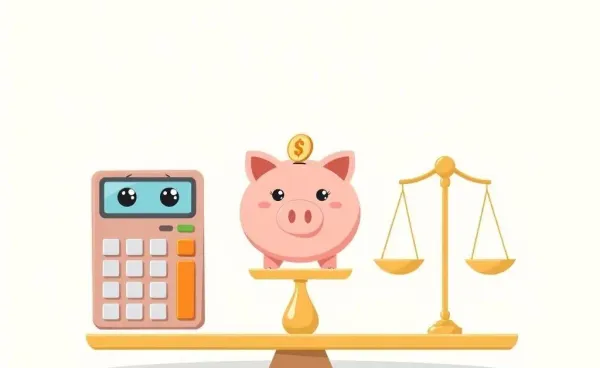How to Safeguard Your Personal Data in the Age of Credit Bureau Tactics
Learn practical steps to protect your sensitive information from being shared without consent.

Ever wonder what happens to your personal data once you've shared it with a company or agency? You're not alone! The rise of digital platforms has made it easier than ever for credit agencies to collect and sell your data, often without your explicit consent.
From unwanted spam to potential privacy breaches, it’s no surprise folks are getting more curious and cautious about where their information ends up. Let's dive into how you can protect your sensitive information and keep those prying eyes at bay.
Understanding How Credit Agencies Use Your Data
Picture this: You're having lunch with a friend, and you casually mention you're thinking about buying a new couch. The next day, couch ads are all over your social media. Coincidence? Maybe not. Companies track and share your interest with credit agencies that collect your data for targeted advertising.
Credit agencies often compile data into profiles that can be shared, sold, or even hacked. This makes understanding how they operate crucial to protecting yourself.
Steps to Protect Your Personal Information
Here’s the good news: You can take proactive steps to minimize exposure:
- Opt-Out Services: Utilise opt-out options with credit bureaus to reduce your information being shared.
- Regular Credit Checks: Ensure your credit reports are accurate and detect suspicious activities.
- Freeze Your Credit: Limit the ability of credit agencies to share your information without your consent.
- Be Aware of Data-Sharing Policies: Read privacy statements before agreeing to share personal information.

Why It's Important to Stay Vigilant
Let's face it—even with precautions, zero risks don’t exist. Being aware and proactive about data protection not only saves you from potential financial losses but also saves you time dealing with consequences.

Remember, data breaches not only affect your finances but could also lead to identity theft, resulting in mountains of paperwork and stress.
Sharing Data: When, Where, and How
Deciding when and where to share your data is like mastering the art of saying ‘no’; sometimes easier said than done! Yet, making informed decisions about sharing your data ensures you're comfortable with where it might end up.

The key takeaway here is control. Ensuring you’re aware of how your data is utilized gives you peace of mind and better control over personal information.
Conclusion: Vigilance is Key
Though digital privacy can seem daunting, especially with ever-evolving practices in data collection, staying informed and taking decisive action will keep your personal data secure.
What strategies have you found most effective for safeguarding your personal information online? Feel free to leave a comment with your insights!




